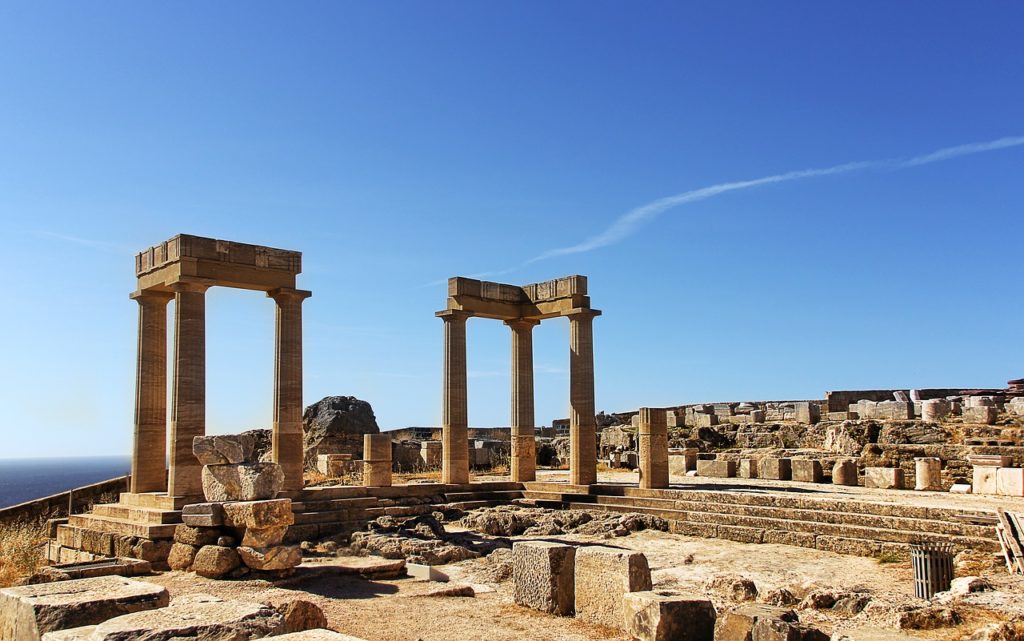The Roman politician and philosopher Cicero once claimed that:”History is the witness that testifies to the passing of time; it illuminates reality, vitalises memory, provides guidance in daily life and brings us tidings of antiquity.”
Thus, with greater historical knowledge comes a greater capacity to contextualise and understand the present.
Education
Third-level History programmes are available in a variety of formats. The subject can be studied as a dedicated degree at Trinity, UCD, or NUI Maynooth. It is also available as part of a joint degree; for example, with English (UL, Carlow College) or Law (UCD). Finally, it is also possible to take History as an option in most, but not all, Arts degrees.
Your first year studies are largely introductory. You will gain a general knowledge of Irish, European, and World History, as well as research methods and political theory. As you proceed through your degree, you will focus on the periods and areas interest you. Most students choose subjects that will complement to their final research project or thesis.
Heritage Studies tend to focus on national and local history, incorporating elements of natural and human history, archaeology, folklore, and genealogy. Careers in the heritage industry include tourism, archaeology, education, environmental consultancy, and public administration. A degree in Heritage Studies is available from Galway-Mayo IT, while Level 5 Certificates are provided by a number of local colleges around the country.
The Work
Graduates in historical fields can move into a wide number of areas. Some go on to pursue postgraduate study or work in their chosen specialist subject as historians, academics or teachers. Others use their research and writing skills to enter careers in areas, such as business, law, industry, the media, and the civil service.
Did you know?
It is estimated that during the heyday of the Greek city of Sparta (circa 200 BC), there were around 20 slaves to every citizen.












Comments